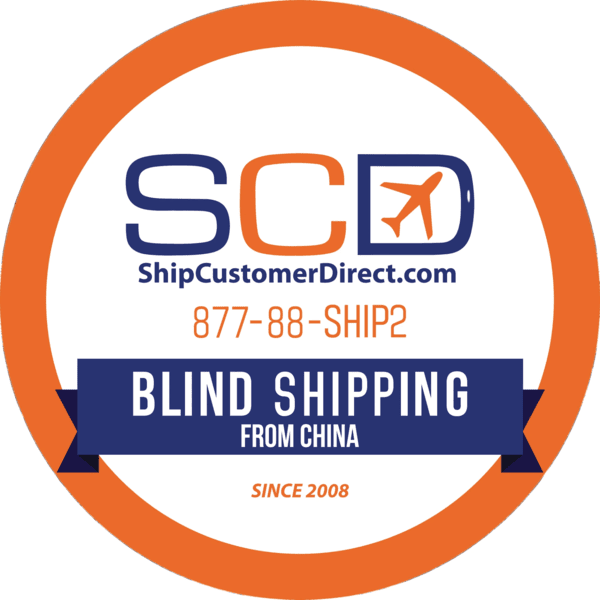In case you missed it, part 1 is here.
To grow market share and remain competitive, importing from China is a must. The challenge is staying ahead of a massive China curve—direct sellers have arrived.
Whether you source through agents or Alibaba, we’ve generated an informational list plus strategic dos and don’ts.
Buying and delivering imports can be complicated, confusing, and costly. Profits can be eroded by factory errors, longer-than-expected production and transit times, delivery costs, regulatory fees, etc.
We’ve compiled our unique step-by-step guide offering basic facts and suggestions. Our guide is based on 25 years of importing and on the unique perspective of an express air-blind shipping company delivering express freight for nearly a decade.
In Part 2, we look at ensuring your imported product is allowed into the country, identifying your product, and calculating the landed cost.
1. Making Sure Your Imported Product Is Allowed Into the Country
Certain goods are prohibited from entering the U.S. Other products require special handling. For example, goods with lithium batteries require a special shipping protocol. It’s your responsibility as the importer to determine whether your products require permits, face restrictions, or fall under regulatory oversight.
Exporters are not responsible for these compliance issues. Products that don’t meet labeling or health code requirements risk fines, detainment, or destruction. To avoid costly setbacks, consult a trained logistics partner before ordering or sampling.
2. Identifying Your Product and Calculating Landed Cost
Once you’ve confirmed your product can be imported, determine its tariff classification (HS Code). This determines the duty owed. For example, if your goods are valued at $2,500 and the duty is 18%, your landed cost is calculated as:
$2,500 (cost of goods) + $450 (duty) + shipping and brokerage
Knowing these costs upfront—before issuing a PO—is crucial. Here’s a helpful tool to look up HS Codes.
3. Factoring in Additional Import Costs
Aside from duties and freight, be prepared for:
- Customs brokerage charges
- ISF filing penalties
- Inspection or exam fees
- Warehouse and terminal handling charges
These “surprise” costs can eat away at margins. Always request an all-in landed cost quote in advance.
4. A Note on Compliance & Documentation
Proper documentation is critical. Ensure:
- The commercial invoice is complete and accurate
- Product descriptions are specific and truthful
- Your packing list matches the shipment exactly
- You’re listed properly as the Importer of Record (IOR)
Delays, seizures, and fines often result from sloppy paperwork. Don’t wing it—get help.
5. Work With Experts—Don’t Go It Alone
Whether this is your first import or your fiftieth, it pays to work with professionals. A knowledgeable partner can help you sidestep compliance risks, avoid delays, and ship faster—with no middlemen or markups.
📦 Over 25,000 blind shipments delivered. On time. Prepaid. Guaranteed.


